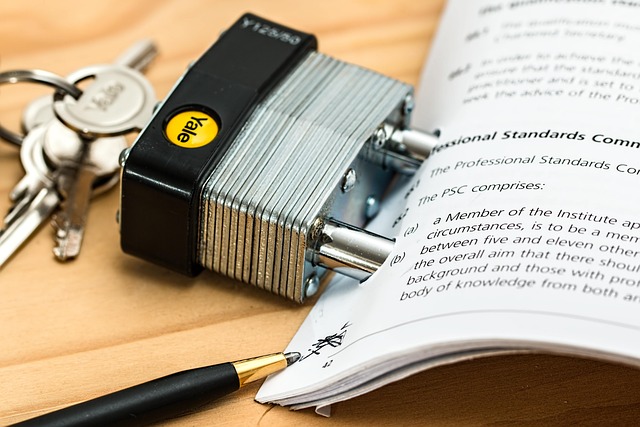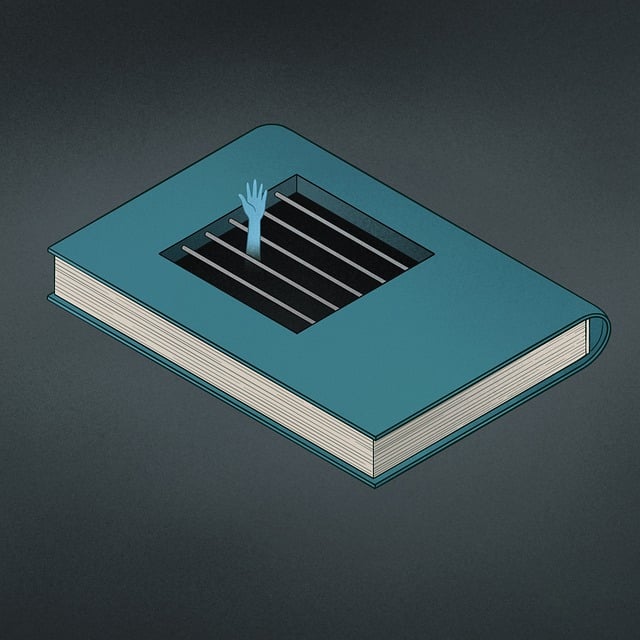Teen rehabilitation programmes employ a holistic approach, integrating diverse therapeutic methods, education, and tailored support to empower adolescents struggling with substance abuse and co-occurring issues. Regular Blood Alcohol Level (BAL) testing plays a crucial role by providing data for personalised treatment adjustments, while group therapy and individual counselling foster peer support and personal growth. This comprehensive strategy equips teens with essential skills to overcome challenges, excel academically, and rebuild relationships, ultimately facilitating successful rehabilitation.
In the journey towards teen rehabilitation, a comprehensive approach is key to fostering recovery and preventing relapse. This article explores effective strategies to get young individuals back on track. One powerful tool in this process is Blood Alcohol Level (BAL) testing, offering insights into responsible drinking and promoting healthier choices. By understanding BAL testing as part of a broader rehab program, parents, caregivers, and educators can empower teens to make informed decisions and navigate their path to recovery successfully.
- Understanding Teen Rehabilitation: A Comprehensive Approach
- Blood Alcohol Level Testing: A Tool for Responsible Recovery
Understanding Teen Rehabilitation: A Comprehensive Approach

Teen rehabilitation is a comprehensive process designed to help young individuals overcome substance abuse and other challenging behaviors. It goes beyond mere detachment from drugs or alcohol; it involves a holistic understanding of adolescent development, psychology, and social environments. A successful rehab program for teens integrates various therapeutic methods, education, and support systems tailored to their unique needs.
One crucial component is regular Blood Alcohol Level (BAL) testing, which provides immediate feedback and helps track progress. This data allows counselors to adjust treatment plans effectively. Additionally, group therapy sessions foster peer support, encouraging open communication and shared experiences. Individual counseling offers a safe space for personal reflection and goal-setting. By combining these strategies, teen rehabilitation back on track aims to empower young people with the skills needed to make healthier choices, rebuild relationships, and thrive in their personal and academic lives.
Blood Alcohol Level Testing: A Tool for Responsible Recovery

Teen rehabilitation programmes are increasingly incorporating innovative tools to support young individuals in their journey back to a responsible and healthy life. One such effective measure is Blood Alcohol Level (BAL) testing, which plays a pivotal role in fostering accountability and promoting sobriety. By regularly monitoring BAL, rehab centres can provide personalised feedback and strategies tailored to each teen’s unique needs.
This testing method allows for early detection of alcohol consumption, enabling therapists and support staff to intervene promptly. It encourages teens to take responsibility for their actions and understand the direct impact of alcohol on their bodies and recovery progress. With this knowledge, they can actively participate in learning healthier coping mechanisms, ultimately paving the way for a successful and lasting rehabilitation.
Teen rehabilitation programs, with a focus on comprehensive strategies and innovative tools like Blood Alcohol Level Testing, offer a promising path to recovery. By addressing underlying issues and providing targeted support, these programs empower teens to make healthier choices. Integrating advanced testing methods ensures accountability and facilitates personalized treatment plans, ultimately enhancing the chances of successful long-term rehabilitation.






